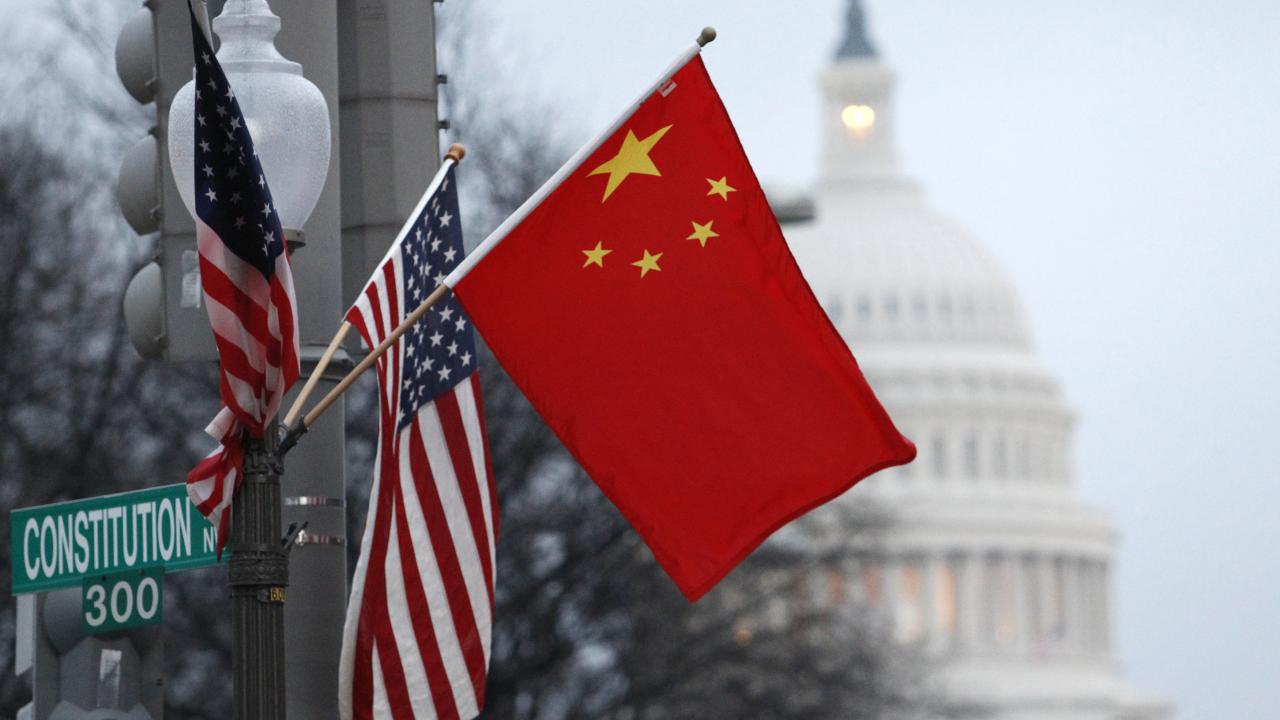
Among the measures announced by the White House, tariff rates on syringes and needles will increase from 0% to 50% this year.
The increase in tariffs on US imports of electric cars, medical instruments and other Chinese products implies an opportunity to increase exports from Mexico to its northern neighbor, analysts highlighted.
“The stronger the trade war between the United States and China, the more potential Mexico has to export to the US market,” said Gabriela Siller, director of Economic-Financial Analysis at Banco Base.
Although the increase in tariffs announced this Tuesday by the White House on a basket of products originating in China has companies based in the United States as the first beneficiaries, countries like Mexico could obtain secondary gains.
At the same time, as the United States industry strengthens, its main trading partners obtain inertial benefits from the integration of production chains linked to North America.
Siller stated that Mexico has comparative advantages such as being the first trading partner of the United States, due to the proximity of both countries and because they both have a free trade agreement, along with Canada (T-MEC).
As an example, Mexico broke a record in its exports of medical instruments and devices to the United States, where it also achieved a historically high market share.
In 2023 they grew at an annual rate of 25%, to US$11.8 billion, according to data from the United States Department of Commerce.
Among the measures announced by the White House, tariff rates on syringes and needles will increase from 0% to 50% in 2024.
For certain personal protective equipment (PPE), including certain respirators and masks, tariff rates will increase from 0% to 7.5% to 25% in 2024. And tariffs on rubber medical and surgical gloves will increase from 7.5% to 25% in 2024. 5% to 25% in 2026.
These rate increases will help support and sustain a strong U.S. industrial base for medical supplies that were essential to the response to the Covid-19 pandemic and that continue to be used in all hospitals across the country to provide essential care.
The U.S. government and private sector have made substantial investments to develop domestic manufacturing of these and other medical products to ensure American healthcare workers and patients have access to them.
“American companies are now struggling to compete with low-priced Chinese-made supplies on the market, sometimes of such poor quality that they can raise safety concerns for healthcare workers and patients,” the House said. White.
Simultaneously, the trade war between the United States and China begins to go beyond the regulations for the exchange of products and their rules of origin, commented Alejandro Gómez Strozzi, partner at the American consultancy Foley Arena.
“We must pay attention not to where the technology is produced, but eventually who controls that technology, to know if that is going to be relevant for export to the United States, because in addition to or above the rules of origin, there is who controls that technology.” technology,” said Gómez Strozzi.
To a certain extent, he added, this issue is valid in the World Trade Organization (WTO), because it is an issue of national security.
At the same time, the White House argued that steel is a vital sector for the American economy and American companies are leading the future of clean steel.
Recently, the Biden Administration announced $6 billion for 33 clean manufacturing projects, including steel and aluminum and the first new primary aluminum smelter in four decades, made possible by the Bipartisan Infrastructure Act and the Reducing Inflation Act.
“These investments will make the United States one of the first nations in the world to convert clean hydrogen into clean steel, strengthening the competitiveness of the US steel industry as the leading producer of the world's cleanest steel,” he said.
As part of the President's Invest in America agenda, the Administration is incentivizing the development of a robust electric vehicle market through trade tax credits for battery manufacturing and critical mineral production, consumer tax credits for adoption of electric vehicles, smart standards and federal investments in electric vehicle charging. infrastructure and subsidies to supply electric vehicles and battery manufacturing.









